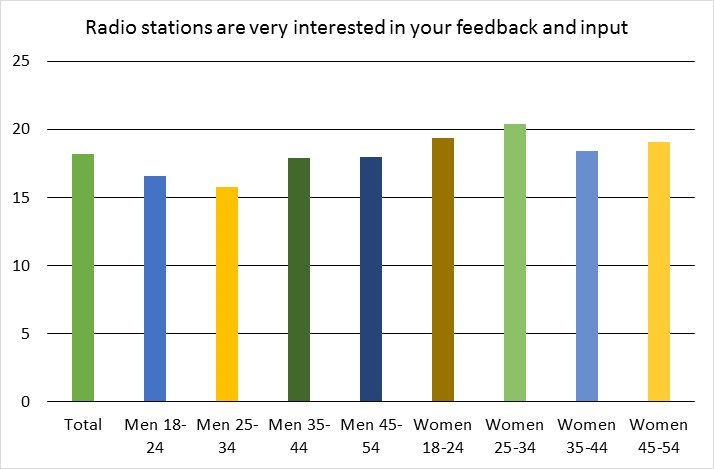Customers, Caring & Communication
Take a moment to think about the customer service experiences you’ve had that have upset you the most. As cycles of everything around us get shorter and shorter and pressures to iterate in business get higher and higher, customer service frequently takes a beating.
A team of developers may have done a wonderful job solving the problem some people had been having with a website or service you use, but they may have inadvertently ruined functionality important to you. Your cable TV channel lineup has been changed, adding new channels you’ve never heard of, while putting channels you used to receive in a higher-priced service tier. A favorite radio station changed its morning show or adjusted its music, leaving you less pleased with what you get.
If you take the time to make contact and register your unhappiness, you’re more and more often faced with a maze of impossible-to-navigate instructions, no reply at all from an online inquiry or a completely un-empathetic, uncaring response from a phone agent. Your goal was to get the thing you’d liked changed back, get a reasonable explanation of why it was changed or, at the very least, believe that someone on their end understands and cares about your frustration.
The truth is, we generally adapt to the new circumstance eventually. As Dan Rather quipped, “Americans will put up with anything provided it doesn’t block traffic.” But, treating those customer inquiries as legitimate and important is something nearly all businesses can work to improve upon today. As an exercise, try submitting a complaint or comment to a radio station. Was it easy to find a phone number to call? When you called, was the phone answered promptly or were you routed to a call directory? If it’s a submission from the station’s website or an email from an address you found on the website, was it answered at all? If so, by whom – and how did you feel about the response?
If you got any response or reply, did it make you believe that the person on the other end cared about your concern? Did that response cause you to believe that the station cares about you as a listener? Once upon a time a canned response thanking a consumer for his or her input was sufficient. But, with increased transparency in all phases of our lives today, consumers now require a “real” reply, showing honest consideration and concern.
When we ask consumers if radio stations “are very interested in your feedback,” we rarely see numbers above 20% in any demo. While we do care about their input, we don’t necessarily communicate that concern to consumers effectively.
Thinking about this in terms of the other customer service contact you have in your daily life, ask yourself which company or service you’re more likely to align with: the one that cared about your input or the one that ignored you?





